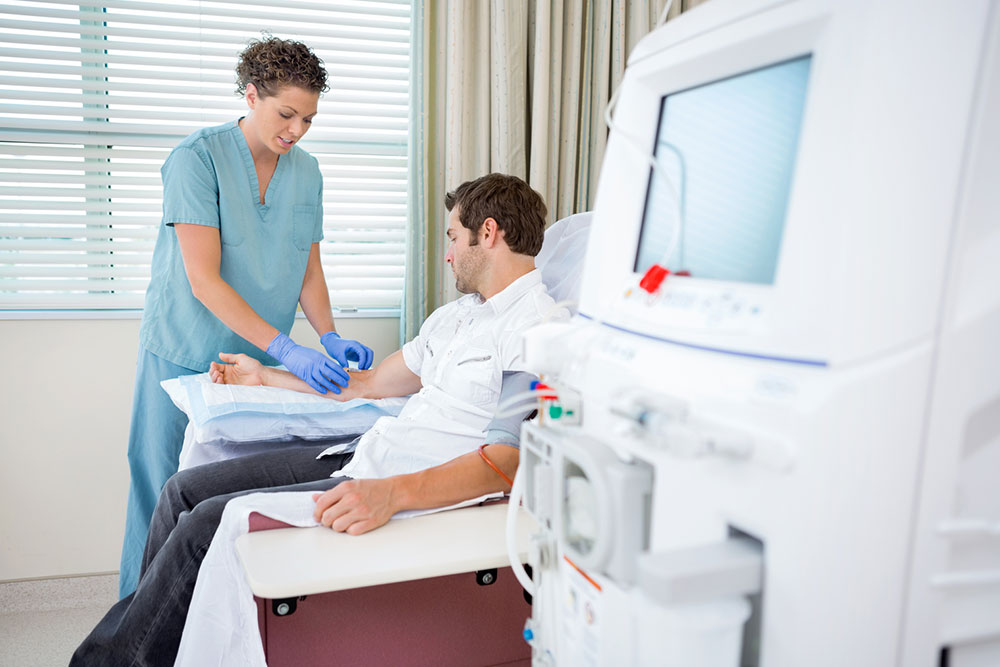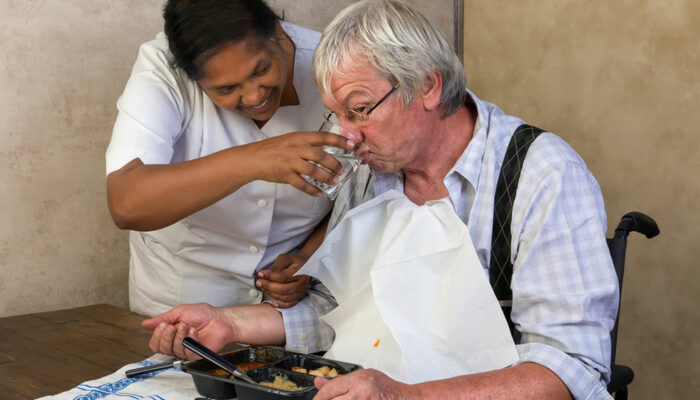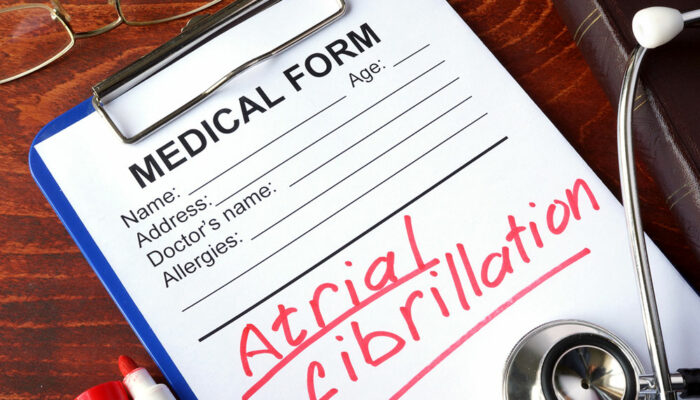
3 things to know about renal cancer
Renal cancer or renal cell carcinoma is one of the most common types of kidney cancer. Nearly 90% to 95% of kidney cancer cases are renal cell carcinoma. Generally observed in people who are between 50 and 70 years, renal cancer begins with one tumor that develops in the kidney. In some cases, it may start with several tumors or occur in both the kidneys. It progresses in stages and the symptoms become severe over time. However, the disease is curable if there is early diagnosis and the treatment starts as soon as possible.
Read on to know more about renal cell cancer.
Causes
There is no known exact cause of renal cell cancer. The only thing that is known is that cancer starts in the small tubes of the kidney that carry primary urine. It specifically originates in the inner lining of the proximal convoluted tubes, which are a part of the kidneys. Although the exact cause is not known, there are certain factors that increase the risk of renal cancer.
Some of the common risk factors include smoking, obesity, and hepatitis C. Additionally, prolonged exposure to certain substances such as asbestos, dyes, cadmium, solvents, and herbicides may also increase the susceptibility to renal cancer. People who have cystic kidney disease may also develop renal cell carcinoma. Certain inherited conditions such as von Hippel-Lindau disease can lead to this type of cancer. Prolonged and continuous intake of pain medications such as acetaminophen, aspirin, or ibuprofen can increase the probability of renal cell carcinoma. People with high blood pressure are also at the risk of renal cancer.
Symptoms
It has been observed that the symptoms of renal cancer are easily diagnosed. This is because the body hides the symptoms leading to diagnosis at quite a later stage. One of the most common initial symptoms is blood in the urine. This symptom is seen in nearly 40% of the cases with the initial diagnosis. Another common symptom is a lump on the side, lower back, or stomach. Some people also experience low back pain on one side of the body. Other symptoms include unexplained and sudden weight loss, loss of appetite, fever, and night sweats. Cancer causes a deficiency of red blood cells leading to anemia. As a result, a person with renal cancer will constantly feel tired. There can be high levels of calcium in the blood and high blood pressure as well.
Diagnosis
Once the initial symptoms occur, a doctor will start the diagnosis with cross-checking personal and family history of the patient. A physical exam will be done to check for lumps and swelling in the abdominal area. In men, a doctor will look for enlarged veins in the scrotal sac. Following this, a number of tests will be conducted.
One of the primary tests for the diagnosis of renal carcinoma is CBC or complete blood count test. This is done along with a urine test. The number of red blood cells is checked. Also, the presence of blood, bacteria, and cancer cells is checked in the urine. However, this test alone is not enough for a confirmed diagnosis. Another test is a biopsy. A small amount of tissues is removed from the kidneys and examined under the microscope to check for the presence of cancer cells. This is the only test that often gives a definite diagnosis.
Other tests include x-ray, MRI, CAT scan, cystoscopy, and nephron-ureteroscopy.




